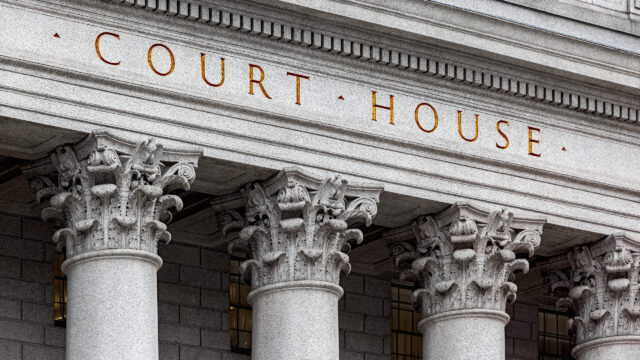Ninth Circuit Says Warrantless Search of Google Files Automatically Reported to Police Violated Fourth Amendment
September 21, 2021

The Ninth Circuit announced today police violated a defendant’s Fourth Amendment rights when they warrantlessly searched files that Google automatically reported using a proprietary algorithm designed to detect child sexual abuse material (“CSAM”). Prosecutors in the case, United States v. Wilson, had argued that the police officer’s search of the defendant’s files did not violate the Fourth Amendment because Google, a private party, had conducted the initial search. The district court agreed, finding that there was a “virtual certainty” that the files Google sent to police were identical to files previously identified by a Google employee as CSAM. But no Google employee reviewed the defendant’s files before sending them to police—instead, Google automatically forwarded the files to law enforcement after a proprietary algorithm matched the files to previously-identified CSAM images. EPIC filed an amicus brief in the Ninth Circuit appeal to explain that prosecutors had failed to show that the proprietary Google algorithm reliably matched images. EPIC also urged the court to narrowly apply the private search exception. The Ninth Circuit found that the police search “allowed the government to learn new, critical information” and “expanded the scope of the antecedent private search because the government agent viewed Wilson’s email attachments even though no Google employee—or other person—had done so.” The Ninth Circuit also echoed EPIC’s amicus brief: “on the limited evidentiary record, the government has not established that what a Google employee previously viewed were exact duplicates of Wilson’s images.” The decision in this case diverges from previous federal appeals and state court decisions on the issue and may lead the Supreme Court to review the important privacy implications of mass automatic file scanning programs.

Support Our Work
EPIC's work is funded by the support of individuals like you, who allow us to continue to protect privacy, open government, and democratic values in the information age.
Donate